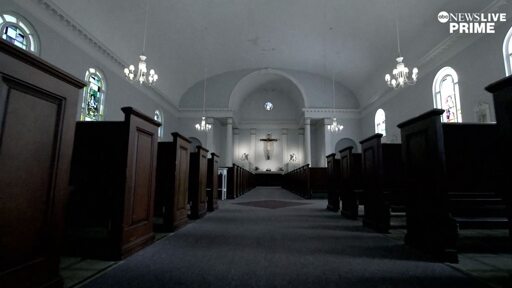- cross-posted to:
- news
- cross-posted to:
- news
Summary
Churches across the U.S. are grappling with dwindling attendance and financial instability, forcing many to close or sell properties.
The Diocese of Buffalo has shut down 100 parishes since the 2000s and plans to close 70 more. Nationwide, church membership has dropped from 80% in the 1940s to 45% today.
Some churches repurpose their land to survive, like Atlanta’s First United Methodist Church, which is building affordable housing.
Others, like Calcium Church in New York, make cutbacks to stay open. Leaders warn of the long-term risks of declining community and support for churches.



I worked for an agency helping close a midwestern diocese. They branded it a positive thing but I was in the meetings with priests hearing the low down and how closings will go. It’s sad. Half the priests are old and just trying to get through. The other half want to help but are being told the cost of their renovations is more important. Let it crumble.
It’s quite a bummer to not have anything planned to take its place as a more healthy alternative, not to mention how it will impact the livelihood of some people.
If you compare it to coal, which may have employed about the same set of people (?), at least talk of retraining was being made…
As problematic as religion is, at least a lot of it was completely outside the sphere of commerce. I could see the broligarchs thinking this kind of thing being a good thing for them, since if people have fewer and fewer options outside of commerce, they’ll be forced to engage more and more with commerce, or else just be hermits.